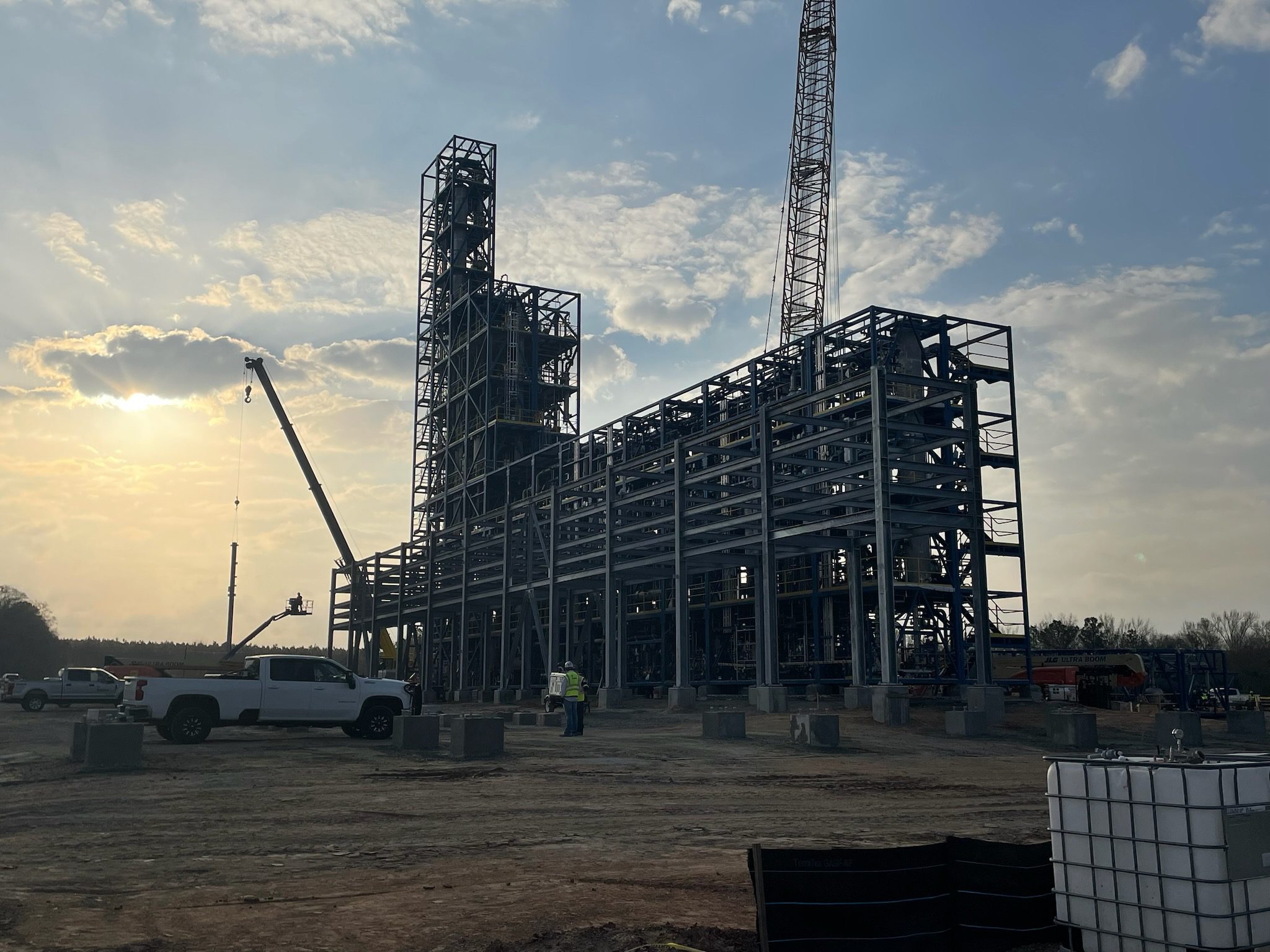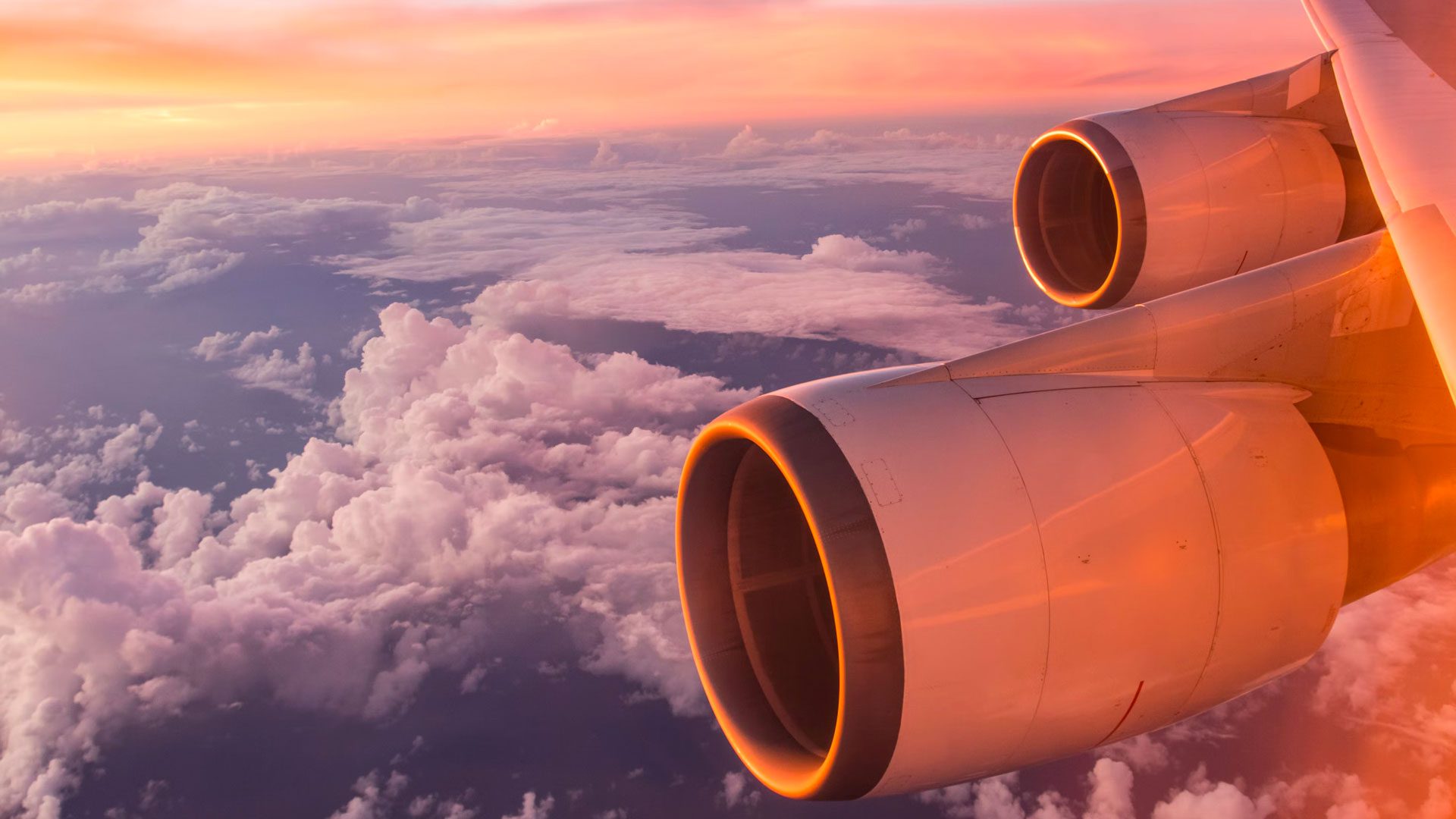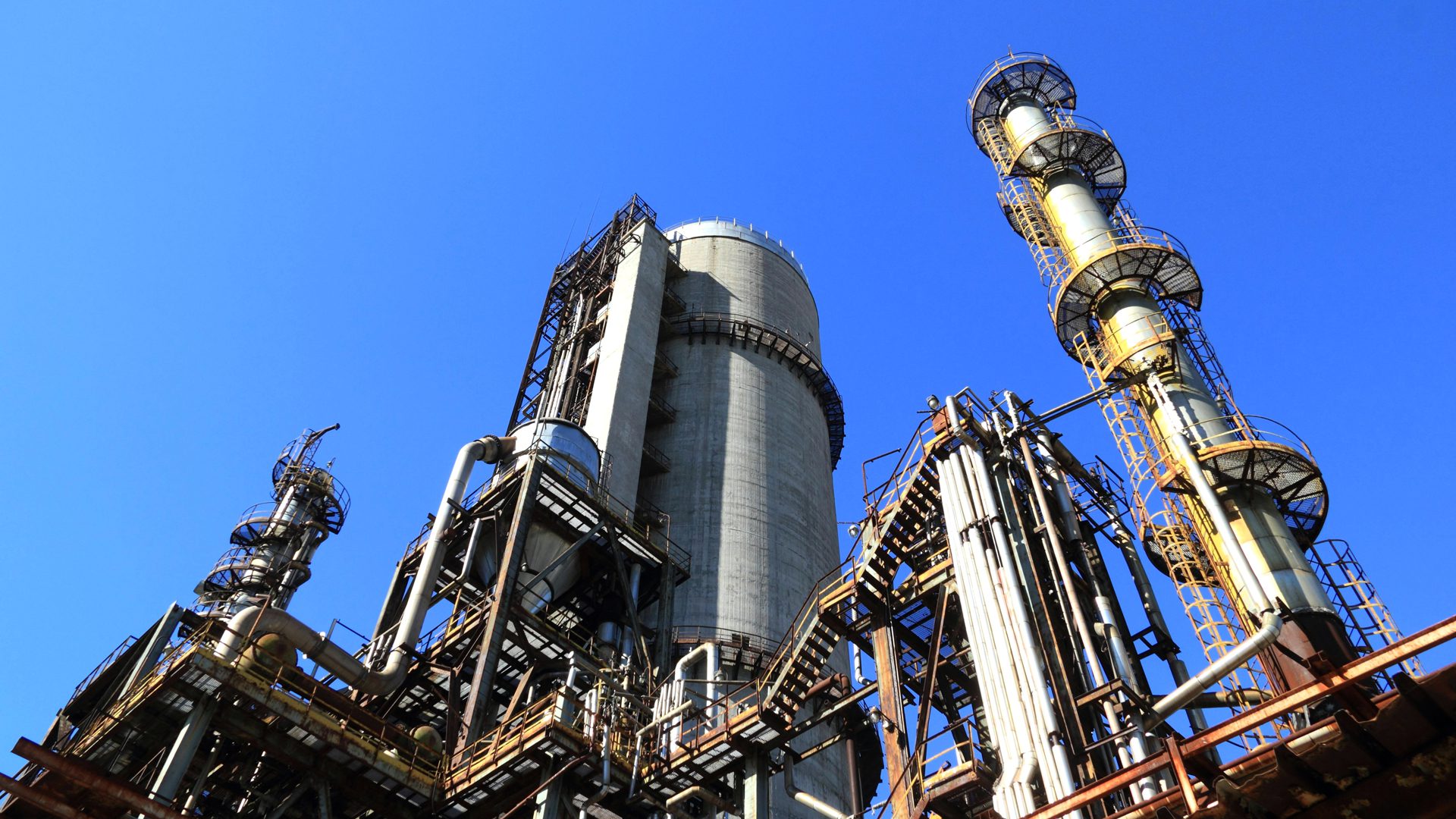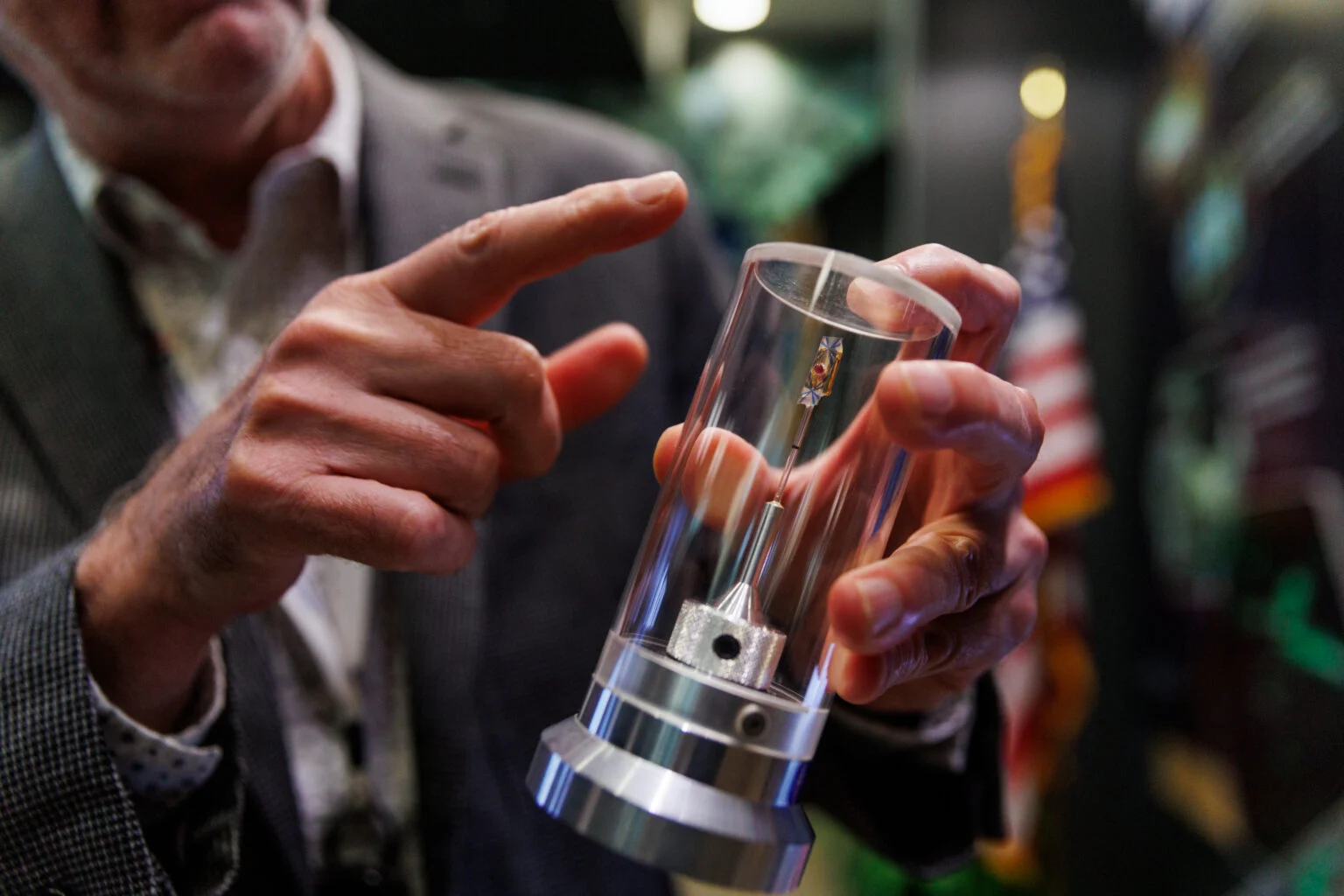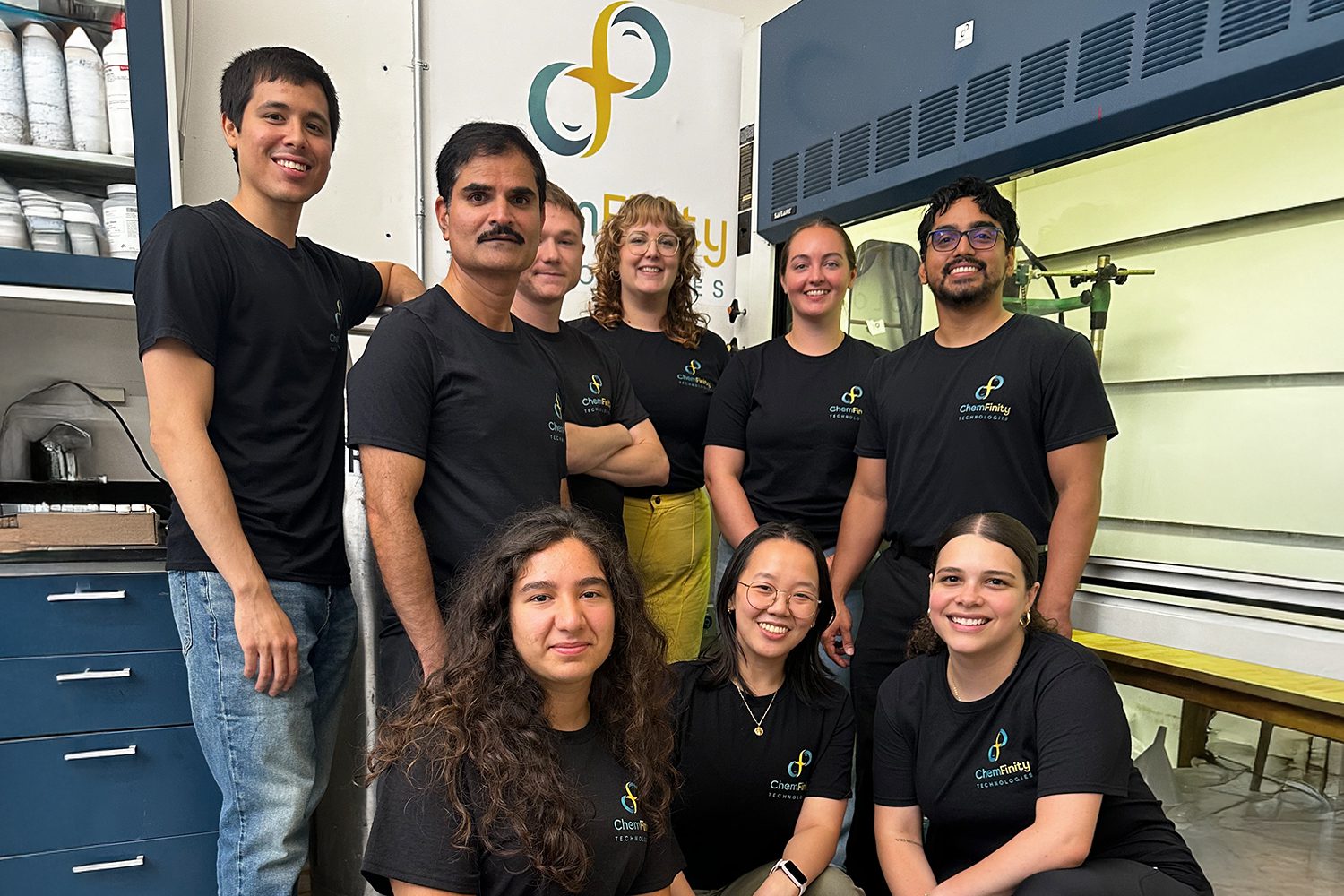I’m a big believer that we’re short on time and must act today. Aviation is an important industry that brings our global society closer together and is also vital to our global economy. At the same time, aviation contributes between 2-3% of global GHG emissions and that figure is only projected to grow.
In mid-2022, Breakthrough Energy grantee LanzaJet broke ground on LanzaJet Freedom Pines Fuels, a first-of-its-kind facility that will significantly accelerate the production of alcohol-to-jet sustainable aviation fuel (SAF). This historic groundbreaking was a critical breakthrough for tackling the decarbonization of the aviation industry, a mission LanzaJet and the company it spun out from - LanzaTech - have been leading for more than 12 years.
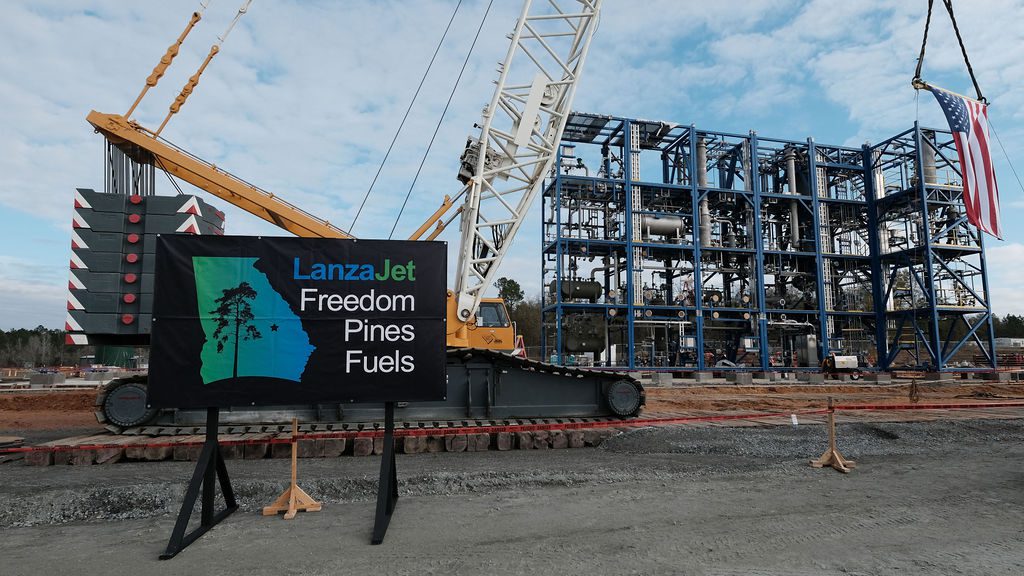
The aviation industry faces a number of challenges when it comes to reducing greenhouse gas emissions. Unlike in the automotive industry, solutions such as battery-powered electrification don’t provide sufficient power for planes to safely take off and sustain prolonged distances. The average lifespan of a commercial plane is decades, making it unrealistic to replace existing planes at scale. That’s why innovative companies like LanzaJet are focused on replacing the fossil fuel itself to reduce emissions and decarbonize the industry quickly.
But developing, producing, and scaling sustainable aviation fuel requires innovation in technology, capital, policy, and customer engagement. Significant collaboration and investment will be required to produce SAF at the rate required to drastically reduce rising emissions levels within the aviation industry. The $50M investment LanzaJet received from the Breakthrough Energy Catalyst Grant made it possible for Freedom Pines Fuels to begin construction and stay on track to achieve LanzaJet’s goal of producing 10 million gallons of SAF and renewable diesel annually.
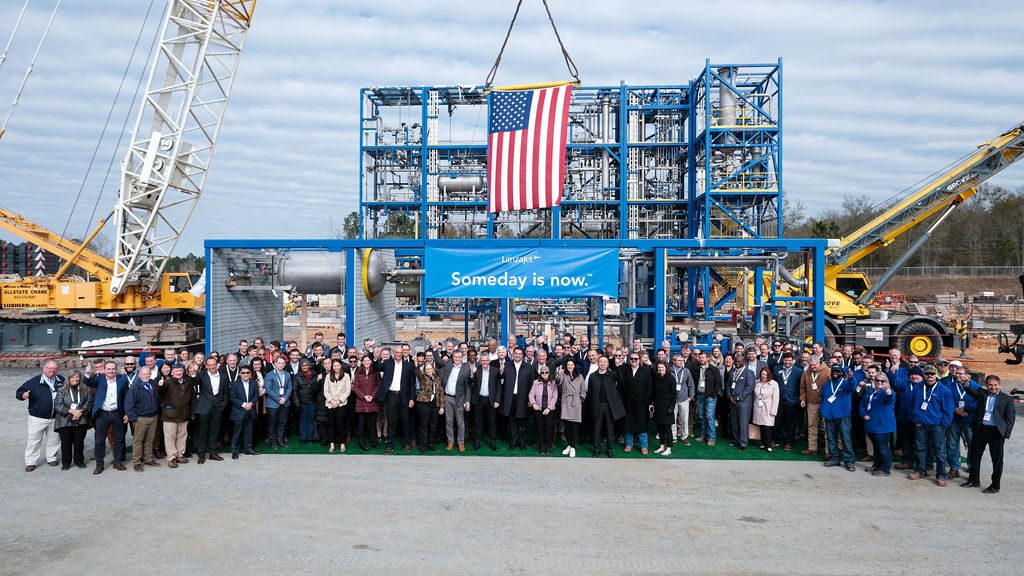
Behind these monumental milestones for aviation is LanzaJet CEO, Jimmy Samartzis. He has spent his career focused on advancing the decarbonization of industries reliant on fossil fuels. He believes focusing on sustainable aviation fuel is critical to reducing emissions with the urgency required to address the biggest climate change challenges of our time. He recently spoke with Breakthrough Energy about the future of SAF and his motivation to lead the LanzaJet team through the clean energy transition.
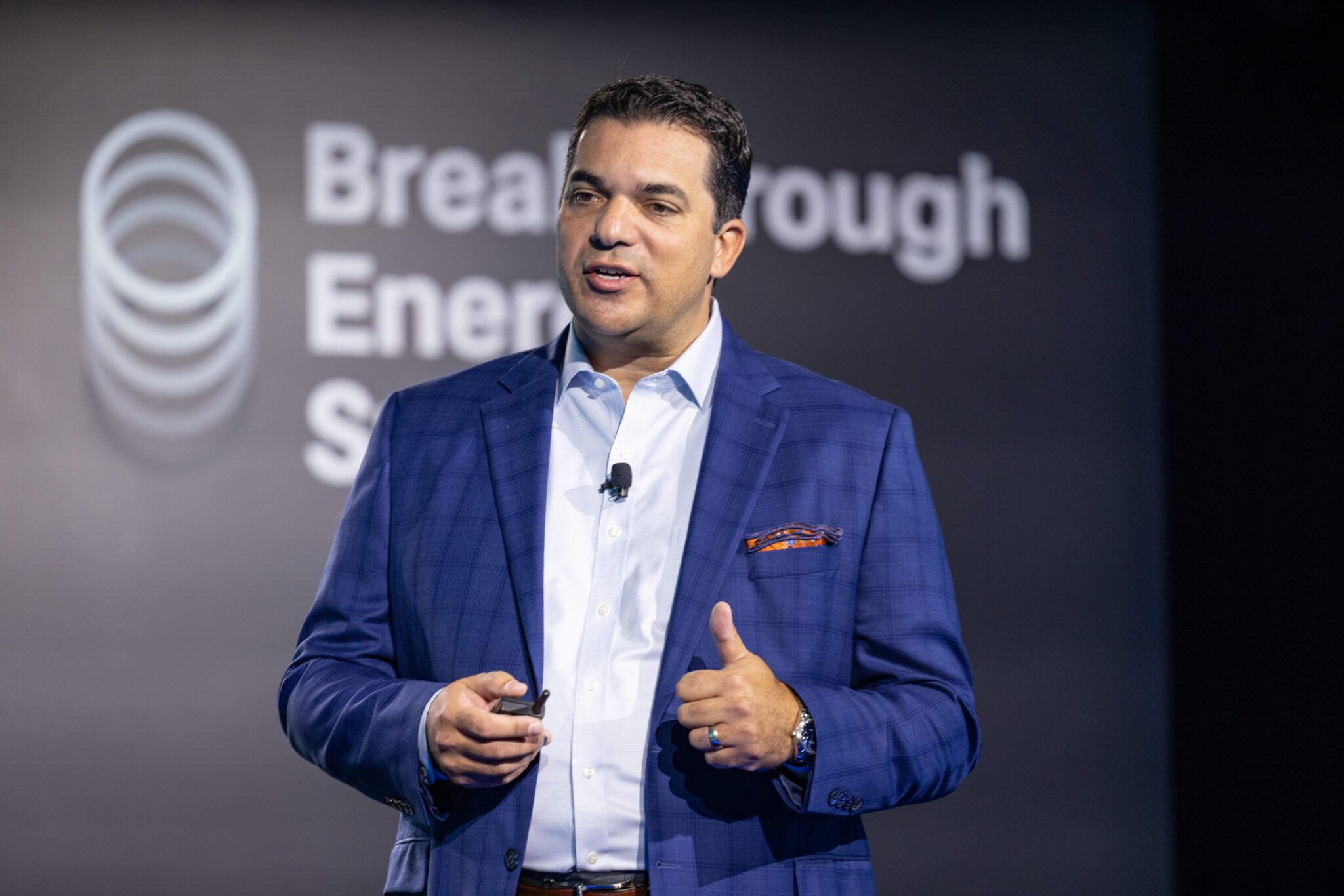
You’ve spent most of your career focused on advancing the decarbonization of industries reliant on fossil fuels. Why do you believe focusing on sustainable aviation fuels is critical to reducing emissions?
Jimmy Samartzis: I’m a big believer that we’re short on time and must act today. Aviation is an important industry that brings our global society closer together and is also vital to the health of our global economy. At the same time, aviation contributes between 2-3% of global GHG emissions and that figure is only projected to grow, particularly since there are many countries that are seeing growing middle classes with their aviation industries just now beginning to accelerate in development.
We also know decarbonizing aviation is challenging. It’s challenging because these expensive assets – the planes – remain in use for a long time. It’s challenging because jet engines require liquid hydrocarbons. It’s challenging because there aren’t other viable alternatives available in the next 15-25 years other than cleaner fuels. It’s challenging because we have global standards and infrastructure that is consistent across the world that gives aviation flexibility to best deploy its assets. It’s challenging because for the last 70 years, we’ve only known to develop jet fuel from fossil crude oil. Given this context, we must leverage innovation and make progress with what works today and what we know will work in the future. The answer to all of this is SAF, and the aviation sector agrees that SAF is the most viable solution for the next 20+ years. To achieve its net zero ambition by 2050, aviation believes that SAF will be 65% of the solution. EU, LanzaJet is partnering with LanzaTech to take waste off-gases from a steel mill to turn them into SAF.
The Catalyst Grant that LanzaJet received was announced at the Breakthrough Energy Summit in Seattle in October. What was your experience like at the Summit?
The Summit was an amazing experience on several fronts. I am incredibly proud to have had the opportunity to be on stage celebrating the LanzaJet and BE partnership. Our team is working hard to bring new, novel technology to life and the grant from BE has been critical in keeping that work on schedule and enabling our products to be as cost competitive as possible.
At the Summit, I was grateful to recognize BE for the partnership and discuss what it means to build a new industry. I was impressed by the collection of climate and clean tech leaders who came together to brainstorm, partner, and advance the technologies needed to tackle climate change. It opened up new relationships for LanzaJet globally while also enabling us to see many of our supporters in person.
Finally, I left there inspired to keep on the journey, to do the hard work that is still ahead, and to continue to push for the needed technologies and serious change that our society requires as we fight for our shared future.
Can you share a time prior to this partnership when you questioned the future of SAF? How did you push through as a leader?
I’ve been a believer in SAF for more than 15 years. While in my airline career, I had to convince four CEOs that SAF was worthwhile, and I succeeded in doing that. It hasn’t always been easy. For a decade, we’ve been pushing for technologies to succeed at producing SAF, for governments to do more to support a new industry, for investors to understand the risks of the new technology and to deploy capital smartly, and for airlines to participate in the mission of producing SAF at a commercial scale. Those pieces are finally falling into place – we have alignment from all parties and the industry is now being built.
I’ve never lost my optimism that we can do this. It’s taken creativity and innovation on all levels – technology, financing, partnerships, etc. The BE grant is proof that we’re doing the right things to build the industry and serves as a significant signal that SAF is moving forward.
What motivates you to keep doing this work? Do you have any anecdotes from your team that keep you energized?
As a society, I believe we have an obligation to do what we can to leave our planet in better shape for future generations and to enable them to thrive within it. We’re doing this for our kids and grandkids.
At LanzaJet, we’ve assembled a great team that believes in this mission. These are folks who have left careers in traditional fossil fuel industries to dedicate their livelihoods and careers to building a sustainable fuels industry from scratch. We owe it to one another to make this happen.
